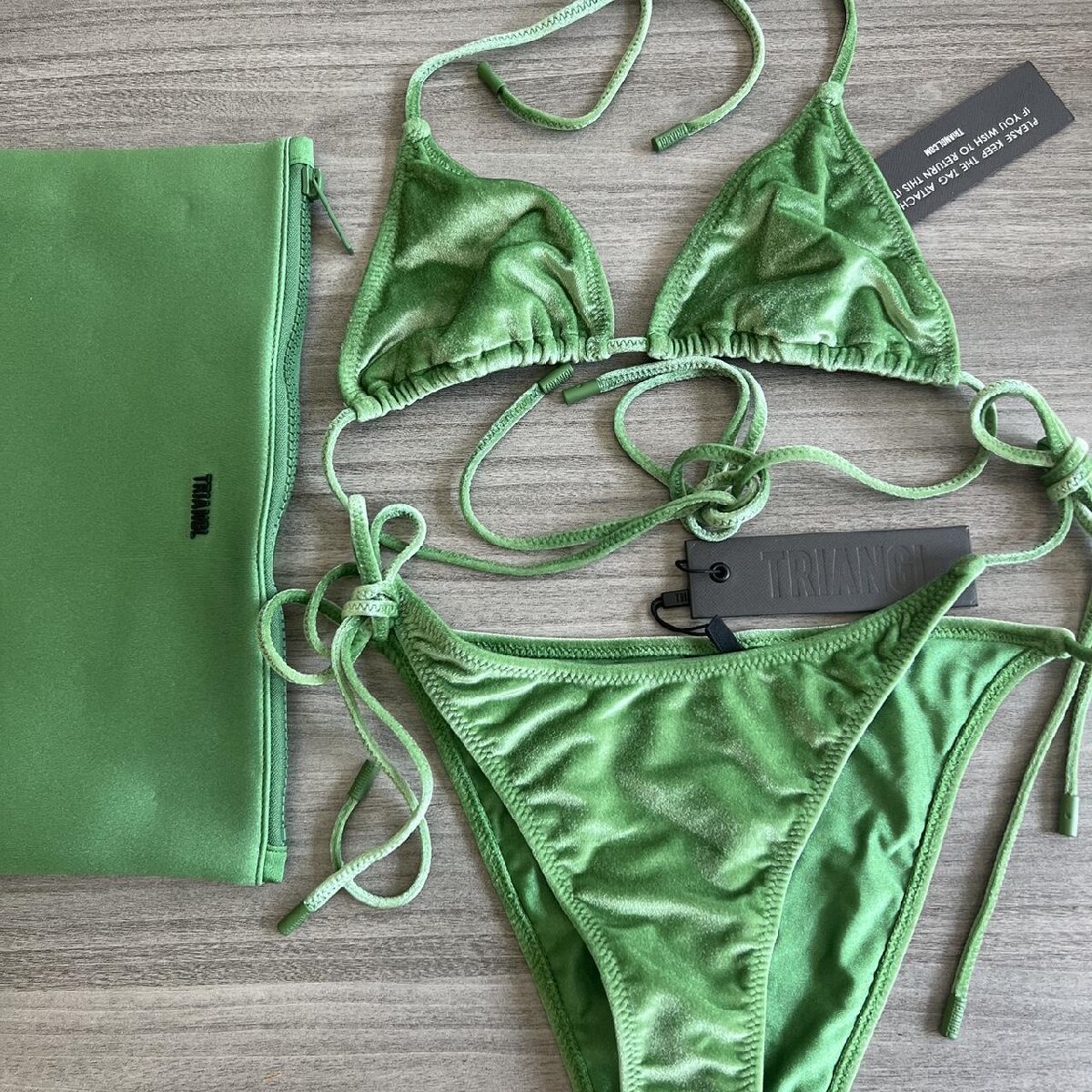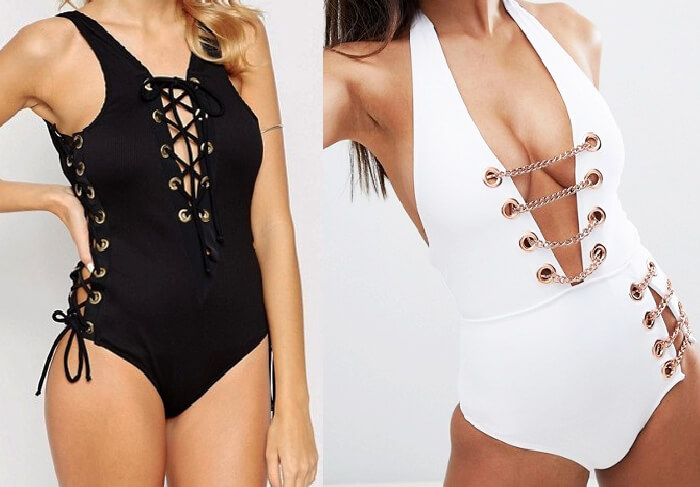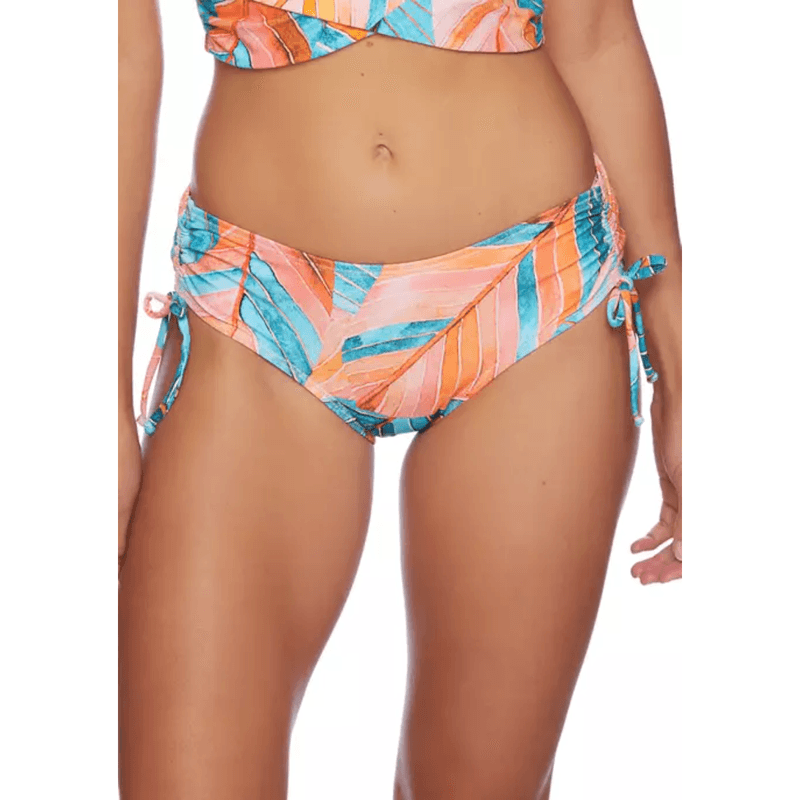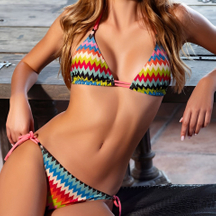Content Menu
● Understanding Custom Designs in Swimwear Manufacturing
● The Role of Private Labeling in Swimwear
● Challenges in Custom Designs and Private Labeling
● The Future of Swimwear Manufacturing
● Conclusion
● Frequently Asked Questions
>> 1. What is the difference between custom swimwear and private label swimwear?
>> 2. How long does it take to produce custom swimwear?
>> 3. What are the minimum order quantities for private label swimwear?
>> 4. Can I use my own designs for private label swimwear?
>> 5. What materials are commonly used in swimwear manufacturing?
Swimwear is not just a seasonal necessity; it is a fashion statement, a reflection of personal style, and a significant part of the apparel industry. As the demand for unique and personalized swimwear continues to rise, swimwear manufacturers are increasingly focusing on custom designs and private labeling. This article delves into how swimwear manufacturers manage these processes, ensuring that brands can offer distinctive products that resonate with their target audiences.
Understanding Custom Designs in Swimwear Manufacturing
Custom designs in swimwear manufacturing refer to the creation of unique swimwear pieces tailored to specific brand requirements. This process involves several key steps:
1. Concept Development: The journey begins with the brand's vision. Swimwear manufacturers collaborate with designers to conceptualize styles, colors, and patterns that align with the brand's identity. This stage is crucial as it sets the foundation for the entire design process.
2. Material Selection: Choosing the right fabric is essential for swimwear. Manufacturers often provide a range of materials, including nylon, polyester, and spandex, each offering different benefits such as durability, stretch, and comfort. The choice of material can significantly impact the final product's look and feel.
3. Prototype Creation: Once the design and materials are finalized, manufacturers create prototypes. This step allows brands to see and feel the product before mass production. Feedback from this stage is vital for making necessary adjustments to fit and design.
4. Production: After finalizing the prototype, manufacturers move to full-scale production. This phase involves cutting, sewing, and finishing the swimwear, ensuring that each piece meets quality standards.
5. Quality Control: Quality assurance is a critical aspect of swimwear manufacturing. Manufacturers implement rigorous quality control measures to ensure that every piece of swimwear is free from defects and meets the brand's specifications.

The Role of Private Labeling in Swimwear
Private labeling allows brands to sell products manufactured by another company under their own brand name. This approach has become increasingly popular in the swimwear industry for several reasons:
1. Brand Control: Private labeling gives brands complete control over their product's branding, including logos, labels, and packaging. This control is essential for maintaining brand identity and customer loyalty.
2. Customization Options: Swimwear manufacturers offer various customization options for private label products. Brands can choose colors, patterns, and styles that reflect their unique aesthetic, allowing them to stand out in a competitive market.
3. Cost-Effectiveness: For many brands, private labeling is a cost-effective way to expand their product lines without the overhead of developing new designs from scratch. Manufacturers often have established supply chains and production processes, which can lead to lower costs.
4. Speed to Market: With private labeling, brands can quickly bring new products to market. Manufacturers typically have the infrastructure in place to produce swimwear efficiently, allowing brands to respond rapidly to trends and consumer demands.
5. Quality Assurance: Established swimwear manufacturers often have extensive experience and expertise in producing high-quality products. This experience ensures that private label swimwear meets industry standards and customer expectations.

Challenges in Custom Designs and Private Labeling
While the benefits of custom designs and private labeling are significant, swimwear manufacturers also face challenges in these areas:
1. Design Complexity: Creating custom swimwear designs can be complex due to the technical requirements of swimwear construction. Manufacturers must balance aesthetics with functionality, ensuring that the swimwear is not only stylish but also comfortable and durable.
2. Minimum Order Quantities: Many manufacturers require minimum order quantities for custom and private label products. This requirement can be a barrier for smaller brands or startups that may not have the resources to meet these minimums.
3. Lead Times: The time it takes to develop custom designs and produce private label swimwear can vary significantly. Brands must plan ahead to ensure that their products are ready for seasonal launches or promotional events.
4. Market Trends: The swimwear market is highly influenced by fashion trends, which can change rapidly. Manufacturers must stay ahead of these trends to ensure that their designs remain relevant and appealing to consumers.
5. Sustainability Concerns: As consumers become more environmentally conscious, swimwear manufacturers are increasingly challenged to produce sustainable swimwear. This shift requires manufacturers to source eco-friendly materials and implement sustainable production practices.

The Future of Swimwear Manufacturing
As the swimwear industry continues to evolve, manufacturers are adapting to meet changing consumer demands. Here are some trends shaping the future of swimwear manufacturing:
1. Technological Advancements: Innovations in fabric technology are leading to the development of swimwear that offers enhanced performance features, such as UV protection, quick-drying capabilities, and improved stretch.
2. Sustainable Practices: More manufacturers are adopting sustainable practices, including the use of recycled materials and eco-friendly production methods. This shift is driven by consumer demand for environmentally responsible products.
3. Personalization: The trend towards personalization is growing, with brands offering customizable swimwear options that allow consumers to choose colors, patterns, and styles that reflect their individual tastes.
4. E-commerce Growth: The rise of e-commerce has transformed how swimwear is marketed and sold. Manufacturers are increasingly partnering with online retailers to reach a broader audience and streamline the purchasing process.
5. Diversity and Inclusivity: The swimwear industry is becoming more inclusive, with manufacturers offering a wider range of sizes and styles to cater to diverse body types and preferences.

Conclusion
Swimwear manufacturers play a crucial role in the fashion industry by providing brands with the tools and expertise needed to create custom designs and private label products. By understanding the intricacies of the manufacturing process, brands can effectively navigate the challenges and opportunities presented by custom swimwear production. As the industry continues to evolve, manufacturers will remain at the forefront, driving innovation and meeting the diverse needs of consumers.
Frequently Asked Questions
1. What is the difference between custom swimwear and private label swimwear?
- Custom swimwear is designed specifically for a brand's unique specifications, while private label swimwear is produced by a manufacturer and sold under a brand's name, often with some customization options.
2. How long does it take to produce custom swimwear?
- The production timeline for custom swimwear can vary, but it typically takes several weeks to months, depending on the complexity of the design and the manufacturer's capacity.
3. What are the minimum order quantities for private label swimwear?
- Minimum order quantities can vary by manufacturer, but they often range from 50 to several hundred units, depending on the product and customization level.
4. Can I use my own designs for private label swimwear?
- Yes, many swimwear manufacturers allow brands to submit their own designs for private label production, enabling them to maintain brand identity.
5. What materials are commonly used in swimwear manufacturing?
- Common materials include nylon, polyester, spandex, and blends that offer stretch, durability, and comfort for swimwear products.



































































